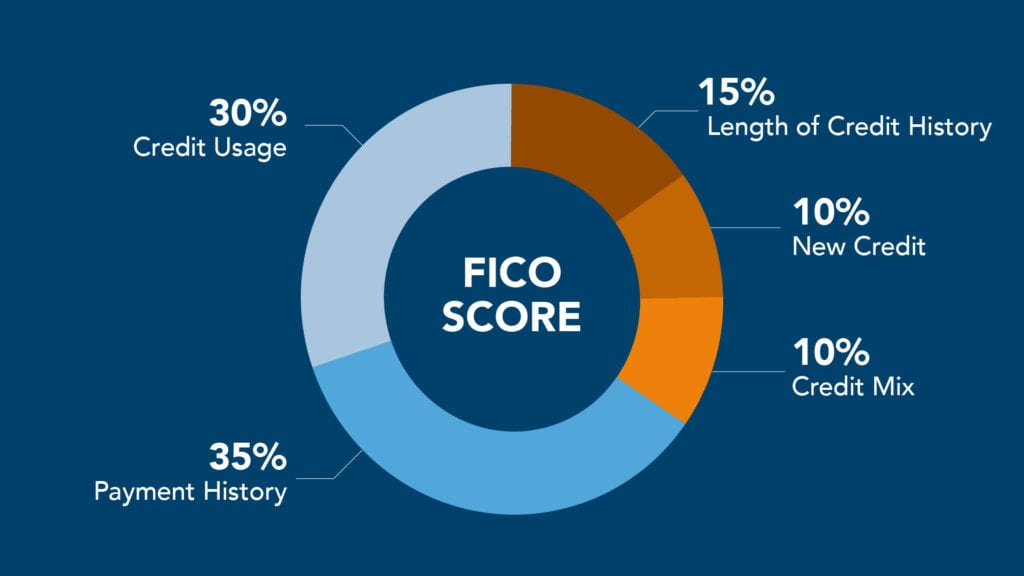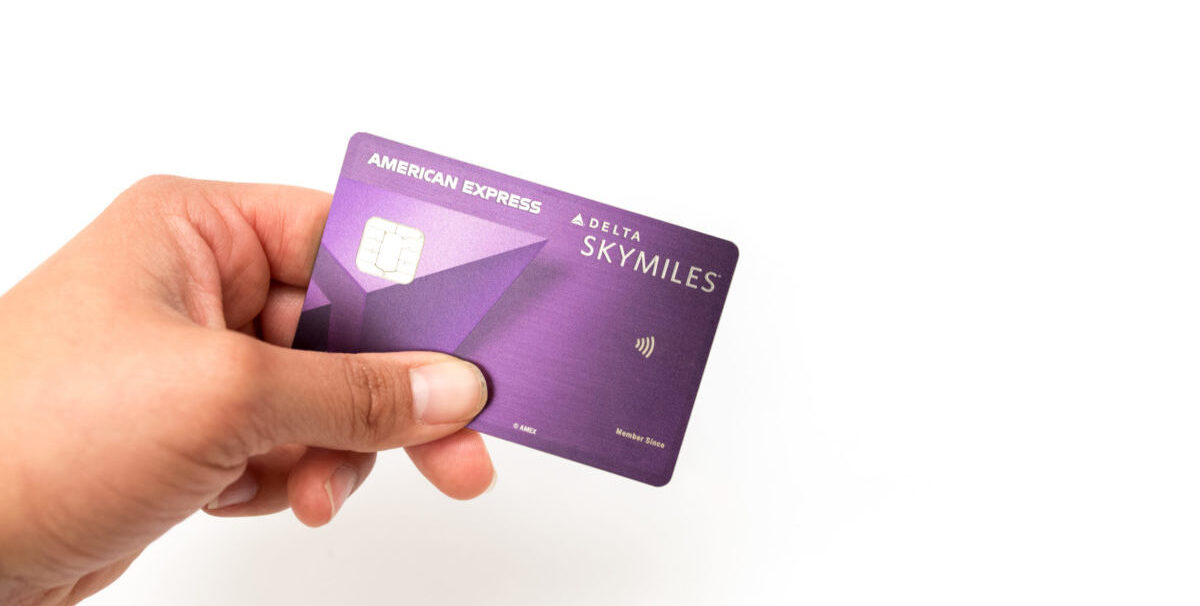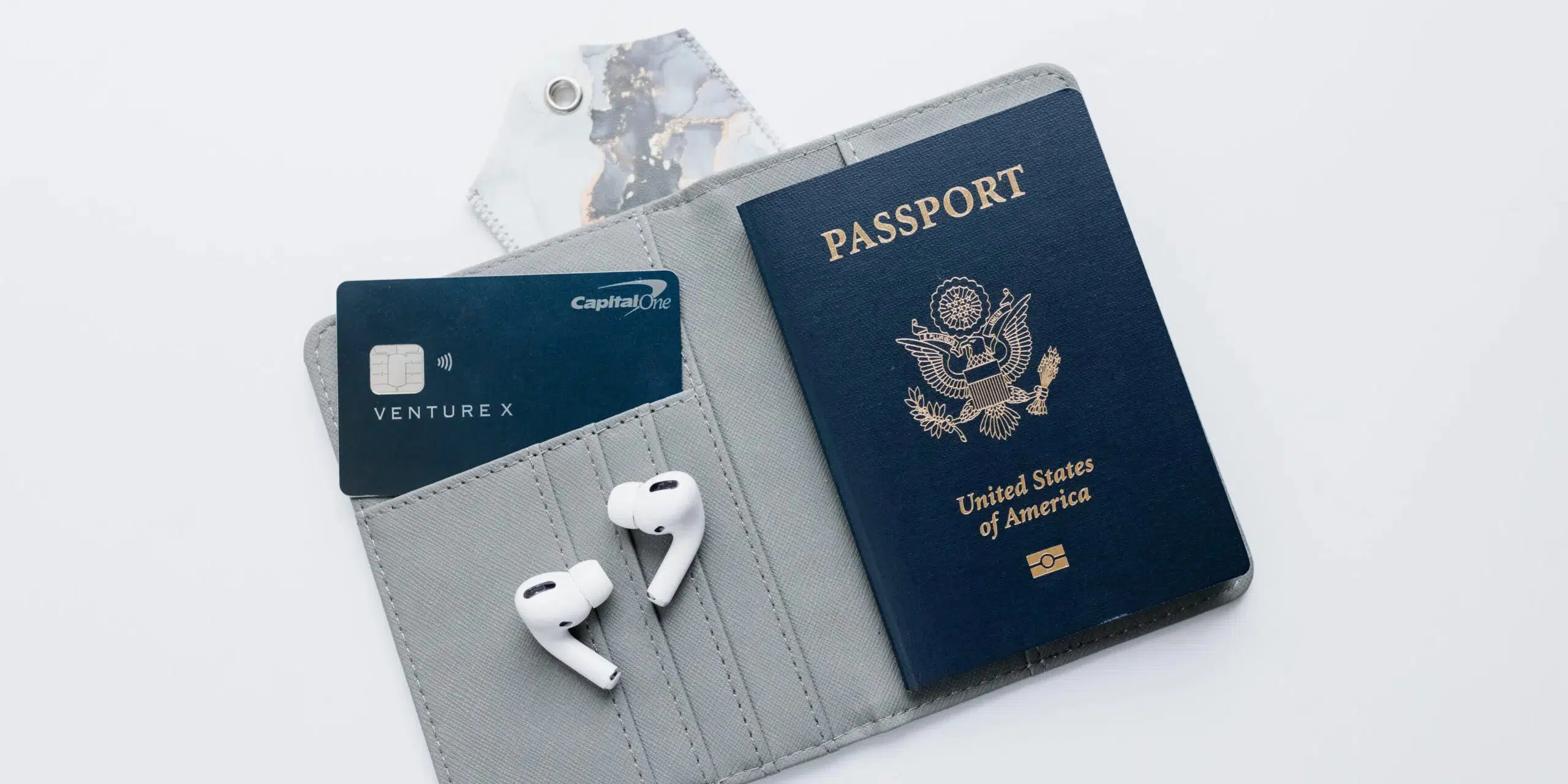People are often hesitant to open up a new credit card. There's this fear that applying for a new card will negatively impact your credit score. While there is some truth to this, it's not quite as cut and dry as you might think.
In fact, in some ways, having more credit cards can actually improve your credit score. With more available credit and an increased credit mix, your score will likely go up in the long run with more credit cards in your wallet so long as you're using them responsibly.
Of course, credit cards are serious business. You should never apply for a new credit card if you're already in debt, and never charge more to a credit card than you can afford to pay off immediately. Paying your credit card bill on time and in full each month is critical to avoid the trap of costly credit card interest. However many points and miles or cash back you can earn, it's not worth it.
Let's break down what opening up a new card really means for your credit score and debunk this myth once and for all.
Read next: 4 Credit Card Myths You Should Stop Believing
How Opening a New Card Impacts Your Credit Score
Won't applying for a new credit card hurt my credit score? This is a question that we get asked time and time again.
When you apply for a new credit card, whether you're approved or not, there will be a temporary ding to your credit score. But it's an insignificant drop in the grand scheme of your credit history.
In the long term, your credit utilization ratio will have a greater impact on your total credit score than new credit. New credit accounts for only 10% of your credit score, making any new accounts a minor footnote to your overall score.
Read our guide to understanding your credit score!
Checking my own credit report on TransUnion and Experian, I didn't see a drop in my credit score despite applying for and opening several new cards recently. My score actually went up because I had access to more credit from one of my new cards and because I always make on-time payments and keep my overall credit utilization low.
For some reason, this is the portion of your credit score that people worry about most, yet it has the smallest impact.
Remember: Your credit utilization – the ratio of your total credit card balance to the total credit limit extended to you – makes up a significant portion of your credit score. Keeping your total credit utilization under 30% will positively impact your credit score.
So for example, say you have one credit card with a $5,000 credit limit and you were using $1,000 of that limit, your credit utilization would be 20%. If you get approved for another card with a $5,000 limit, you'll now have $10,000 of credit available – double what you had before. If you spend the same amount across both cards, with that increased credit limit, your credit utilization would now be lower.
Adding a new card to the mix only increases how much credit is available to you. As long as you pay your balance on time and in full each month, your credit utilization ratio won't increase and could even decrease, which would help your score even more.
Read next: When is the Right Time to Apply for a New Credit Card?
Bottom Line
While this doesn't necessarily mean you should be opening new credit cards left and right, the fear of lowering your credit score by opening a new card shouldn't hold you back.
Getting a new credit card can benefit both your short-term travel goals and your long-term financial health, and can be a positive tool if used responsibly.






Dear Long,
Another myth nowadays is that if you close a credit card, your credit also would be negatively affected.
Is this statement accurate?
Hello Dario,
This is actually true. We always recommend downgrading to a no-annual fee card when possible instead of canceling as you would lose access to a line of credit when you close a card. Your credit utilization would go way up and credit score would drop.